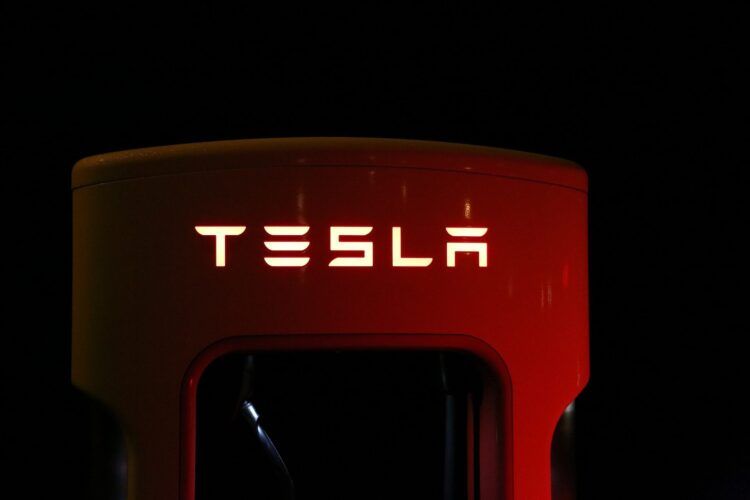In a significant legal development, Tesla, the electric vehicle giant, is now at the center of a federal lawsuit filed by the U.S. Equal Employment Opportunity Commission (EEOC). The Tesla racism lawsuit accuses Tesla of violating federal law by permitting a culture of widespread racial harassment against its Black employees and taking punitive measures against those who attempted to confront this issue.
This lawsuit is part of a broader pattern of allegations concerning racial bias within the company. Tesla previously faced legal action from the California Civil Rights Department, and a recent jury verdict mandated a substantial payout to a former Black employee, Owen Diaz, over severe racial harassment incidents at its Fremont assembly plant.
The EEOC’s investigation, initiated in April 2022, led to an unsuccessful conciliation process with Tesla, ultimately culminating in the lawsuit’s filing. The allegations detailed in this lawsuit paint a deeply troubling picture of the experiences endured by Black employees at Tesla’s factory.
Stay tuned as we delve deeper into the specifics of this lawsuit and the implications it holds for Tesla and the broader conversation on workplace equality.

Tesla racism lawsuit
The Tesla racism lawsuit refers to a legal case in which the U.S. Equal Employment Opportunity Commission (EEOC) filed a lawsuit against Tesla, the electric vehicle and clean energy company, alleging violations of federal law related to racial harassment and retaliation against Black employees.
In this lawsuit, the EEOC accuses Tesla of permitting a hostile work environment for its Black employees, citing instances of severe racial harassment, racial slurs, derogatory comments, and offensive graffiti, including racial epithets and symbols. The lawsuit alleges that these incidents were widespread and ongoing, creating an atmosphere in which Black employees were subjected to discrimination and harassment.
Some of the most troubling aspects of this lawsuit detail the stereotyping and hostility Black employees have faced. They report being subjected to derogatory labels such as “lazy,” “smelly,” and “always late.” Additionally, they claim to have endured racial slurs and epithets, including variations of the N-word, “monkey,” “boy,” and “black bitch.” Shockingly, these slurs were allegedly used casually and in high-traffic areas, making the work environment even more unbearable.
Furthermore, the lawsuit claims that Tesla took retaliatory actions against employees who reported or opposed racial harassment, including terminating their employment. The EEOC argues that such actions by Tesla violate Title VII of the Civil Rights Act of 1964, which prohibits employment discrimination based on race, color, religion, sex, or national origin.
This lawsuit is part of a broader trend of legal actions and allegations against Tesla regarding racial bias in its workplace. It underscores the importance of addressing workplace discrimination and harassment issues and highlights the legal consequences that companies can face when they fail to do so.
The lawsuit seeks a jury trial and requests that the court orders Tesla to provide compensation to affected individuals, pay fines for violating the law, and implement policies to prevent and address racial harassment in the future. The outcome of this lawsuit will be closely monitored as it has implications not only for Tesla but also for discussions surrounding workplace equality and diversity.
Featured image credit: Pixabay/Pexels





